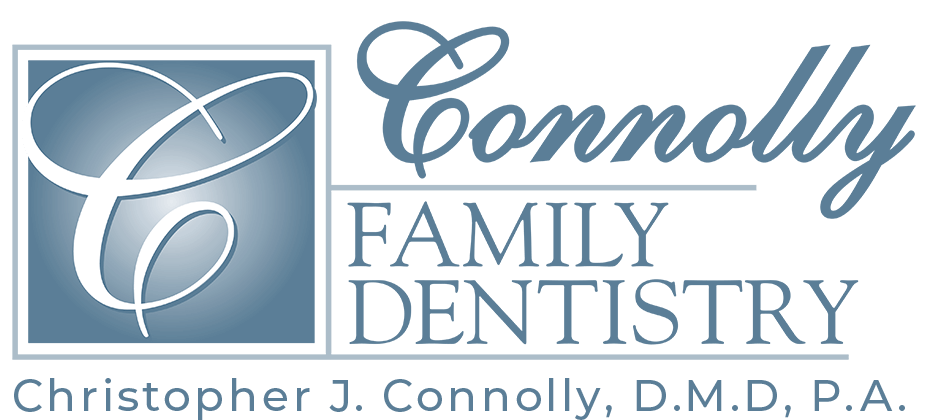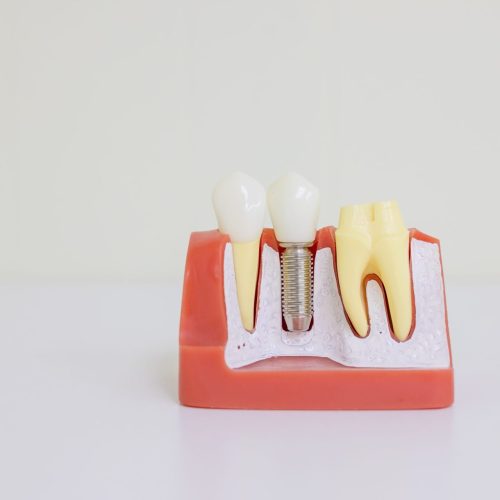You probably have heard about the wonders of dental implants and how they can be an option for tooth replacement if you are missing teeth.
Dental implants are an option for permanent teeth replacement.
They are natural-looking compared to dentures and are long-lasting as they do not decay.
When choosing permanent changes in our lives like getting dental implants, it is likely that you have to commit fully and take responsibility before and after getting dental implants.
On top of that, not everyone will be a good candidate for dental implants.
That is why knowing the things and asking your dentist you need to know in preparation for the said tooth replacement procedure is a must.
So before you set a dental appointment for a tooth replacement, Here are the seven things you need to know before getting a dental implant.
1. No, A Dental implant procedure will not hurt.
Let us begin by breaking the ice. Nope, it will not hurt you.
In theory, having no anesthesia during your dental implant surgery would be painful.
You do not have to worry about any pain as your dentist will use anesthesia during the procedure.
Your dentist also uses surgical guides to accurately and successfully place your dental implants, so there is no need to worry about it!
2. Your Jawbone is a Keyfactor
The dental implant screw is the bottom part of the dental implant. It is the one implanted into your jaw bone.
The screw needs to have something to grip into so the two items stay together.
The main problem starts when your jawbone starts shrinking. It happens when you lose your tooth or teeth for a long time. It starts to collapse and be reabsorbed by your body.
Your jawbone starts to shrink its width, height and density. It will be difficult for your dental implant to latch onto your shrunken jawbone. Lastly, the probability of dental implant failure is at risk.
So before you get a dental implant procedure, your dentist will ask you to get an x-ray of the area and check if it is healthy.
You will also receive an analysis if you have the amount of bone needed to continue the procedure.
Bone loss is one of the most common reasons patients aren’t good candidates for dental implants. That is why you have to get an x-ray first, so your dentist can check and consult you.
3. Smokers, think twice.
Smokers have higher risks of dental implant failure. The healing journey after getting your dental implant will take a while.
People who smoke and then decide to take dental implant procedures need to know that it will take longer to heal the implanted area if you keep on smoking.
The bacteria and chemicals from the cigarette will disrupt the healing process surrounding the implant area.
If continued smoking persists, your dental implant might not result in a healthy outcome.
Before the tooth replacement procedure, your dentist will require you to quit smoking before and during your healing process.
4. General Health Checkup
When checking if you are a great candidate for a dental implant. your dentist will check your health status.
While well-regulated health issues are still okay to proceed with this procedure, few health issues would rule out in trying dental implants.
Immune diseases, uncontrolled diabetes, and HIV needs to be discussed with your dentist privately.
Some candidates might have an allergy to titanium. Thus, they might use another material like zirconium instead of titanium-built implants. That is why your health status is an important thing you need to talk to your dentist about in detail.
5. Getting A Dental Implant Takes Time
Great things take time. The same thing goes in getting your dental implant; it is a process.
This process can take months to complete. The process varies per patient’s case. Sometimes we have to wait for the bone grafting to heal before starting the implanting itself.
After the tooth extraction, If there is sufficient bone, an implant procedure can be done.
Despite the implant type that you will undergo, healing takes time.
Time is required to let the implant and bone “merge” together to make it strong compared to your natural teeth.
It will take months of healing while wearing your temporary teeth before getting your permanent replacement teeth.
On top of that, consultations and examinations are vital after the tooth replacement.
In total, it takes around a year from the consultation phase to the final restoration stage.
6. Regular Checkups Are Your Top Priority
Since getting dental implants has different stages and processes, you must keep track of your regular checkup appointments.
It will ensure that your implant is going healthy. You can also get immediate consultations and remedies if there are any complications from your dental implant.
7. Just like natural teeth, oral hygiene is needed.
Though your dental implant will not decay, bacteria can still cause gum disease surrounding your implant. It may affect your new teeth.
That is why regular dental care is still needed before and after your dental implant procedure.
Simple oral care habits such as brushing your teeth twice a day, regular flossing after brushing, using water flosses to clean under your replacement teeth, and using antibacterial mouthwash afterwards can help you maintain the ageless smile from your dental implants.
So make sure to maintain these oral care habits, and achieve a better result after your dental implant procedure.
Final Thought
There are a lot of benefits when getting a dental implant, especially if you want to replace your teeth permanently.
However, when choosing to replace your teeth permanently, it requires commitment and responsibility to make the implant successful.
We have discussed things you need to know before getting a dental implant. The amount of your bone, your health status, and your smoking and drinking habits are a few factors if you are qualified to get dental implants.
Oral care and regular checkups are needed to ensure your implants will completely heal and check if there’s any complication during the healing process.
For more dental implant inquiries, you can schedule your consultation here. Contact us and book your dental appointment today.




